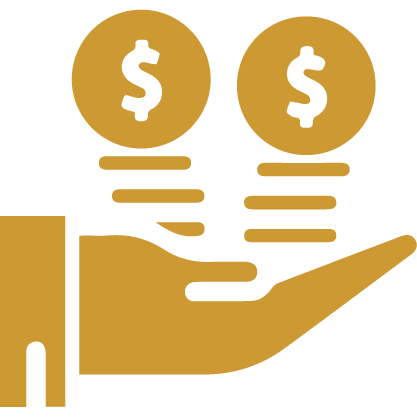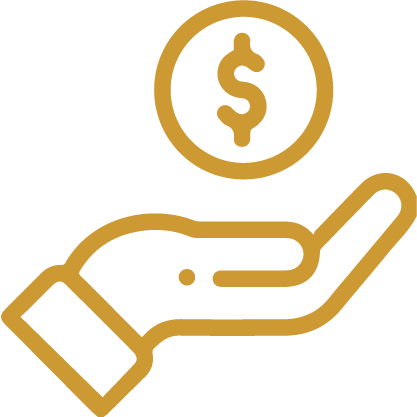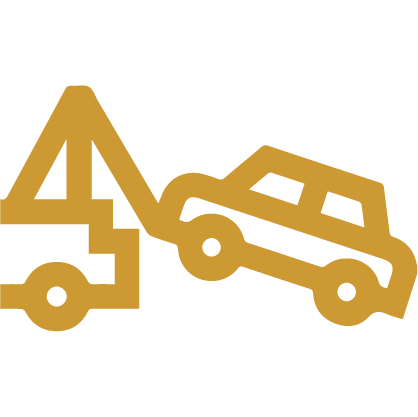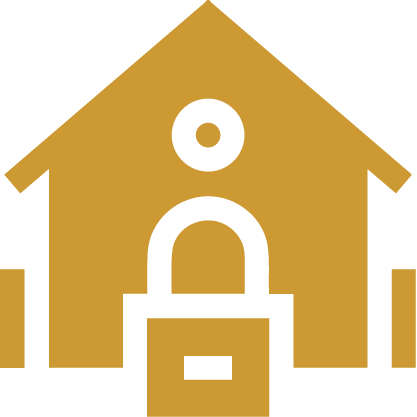
Collection is the process by which a creditor or debt collector seeks to recoup money owing on an overdue account. This frequently entails getting in touch with the debtor and could also entail taking legal action or reporting the debt to credit bureaus.

When a creditor decides that it is improbable that the debt will be recovered, the debt is written off as a charge-off. Even if the debt is still owed, the creditor still considers it a loss and may sell it to collections firms for additional collection efforts.

Through the legal process of bankruptcy, people and organizations can find relief from burdensome obligations they are unable to pay back. In a court case, assets are utilized to settle debts, or a repayment schedule is established.

Financial aid is given to students in the form of student loans to help with the cost of schooling. They may be government or private loans and must be repaid after completion or when the student leaves college, usually with interest.

A lender may legally reclaim and take ownership of collateral, frequently a vehicle, through the process of repossession if a loan is not being paid. The repossessed property may be sold by the lender to recoup the unpaid debt.

When a borrower misses a payment on a mortgage, a lender, usually a bank or mortgage company, can legally take possession of the property through a process called foreclosure. In order to pay off the debt, the property is typically sold.

Schedule a consultation with our credit experts to discuss your unique financial situation and develop a personalized credit repair strategy.

If you have questions about our credit repair services or the credit repair process in general, we're here to help.

If you're ready to get started with credit repair or have any questions about our services, give us a call.
Prior to starting credit education and document processing services, you will sign a client agreement along with the following: